Are airline credit cards worth it anymore?
Editor's Note
Airline credit cards have evolved alongside frequent flyer programs for several decades. Initially, they offered simple bonuses for free flights, but now more options are available to consumers, including transferable rewards and fixed-value points programs.
The increasing number of airline credit cards has made it difficult for consumers to compare their value. Additionally, these cards are subject to constant changes in benefits, bonuses and fees.
In light of that, you might wonder if airline credit cards are worth it, especially premium ones with high annual fees.
However, there are still excellent airline credit cards with tailored perks for different types of travelers. So, consider these factors before deciding if an airline card is right for you.
Compare welcome offers
When evaluating an airline card, you'll want to ensure you find an advantageous welcome offer. Take note of the spending requirements and assess if they are feasible.
For instance, the United Quest℠ Card (see rates and fees) currently offers 80,000 bonus miles and 3,000 Premier qualifying points (PQPs) after spending $4,000 on purchases in the first three months from account opening.
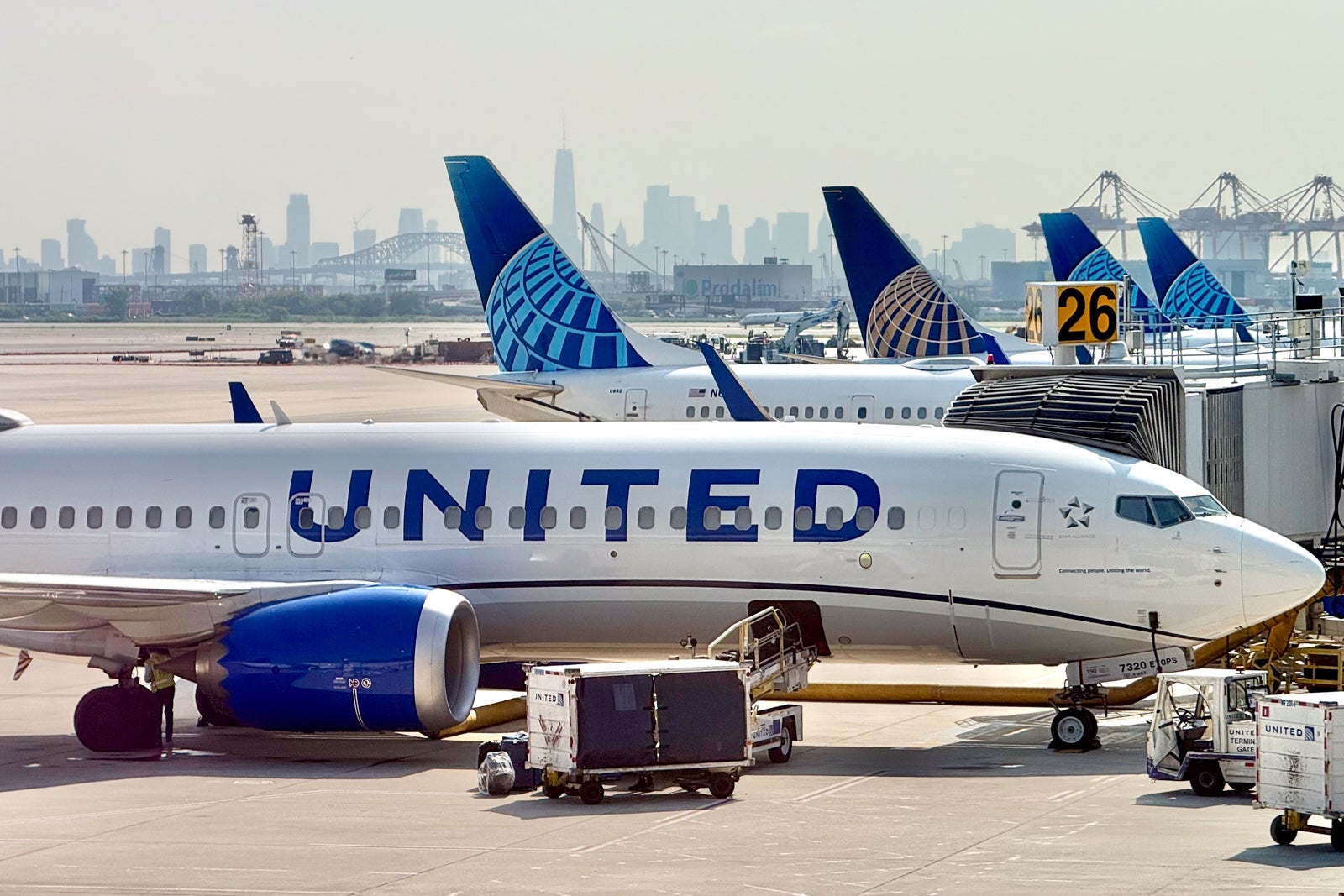
It's important to research and compare the value of different welcome offers, as they often change. This is a great welcome offer, so those looking for a mid-tier United card should not pass it up.
Lastly, it's crucial to have a clear plan for how you intend to use the miles you earn. While earning tons of points or miles can be significant in itself, make sure the rewards you're earning align with your travel and redemption goals.
Related: Best credit card welcome offers this month

Is the annual fee worth it?
Consider your card's annual fee. Some airline credit cards don't have annual fees. However, these are exceptions rather than the norm. These cards can be suitable for occasional travelers who want to accumulate miles inexpensively without prioritizing day-of-travel perks.

On the higher end, you'll find cards with annual fees of over $600. These fees may be worthwhile for frequent flyers who can take advantage of additional benefits like lounge access and earning elite-qualifying miles or points based on spending.
Most popular airline credit cards charge between $100 and $150 per year. Examples include the AAdvantage® Aviator® Red World Elite Mastercard® ($99 annual fee), the JetBlue Plus Card ($99 annual fee), the Southwest Rapid Rewards® Premier Credit Card ($149 annual fee) and the United℠ Explorer Card ($0 introductory annual fee the first year, then $150; see rates and fees).
Some cards also offer anniversary bonuses to soften the blow of their annual fee.
When your annual fee is due, think about whether your card's perks offset the cost of keeping it for another year. Consider asking for a retention offer before canceling or downgrading your card.
The information for the AAdvantage Aviator Red, JetBlue Plus and Southwest Rapid Rewards Premier cards has been collected independently by The Points Guy. The card details on this page have not been reviewed or provided by the card issuer.
Related: Best Delta credit cards
Which earning categories matter to you
In the past, airline cards tended to earn double miles on purchases with their associated airline. However, to compete with non-airline travel rewards cards, many airline credit cards now offer multiple miles per dollar at various merchants, such as restaurants and grocery stores.
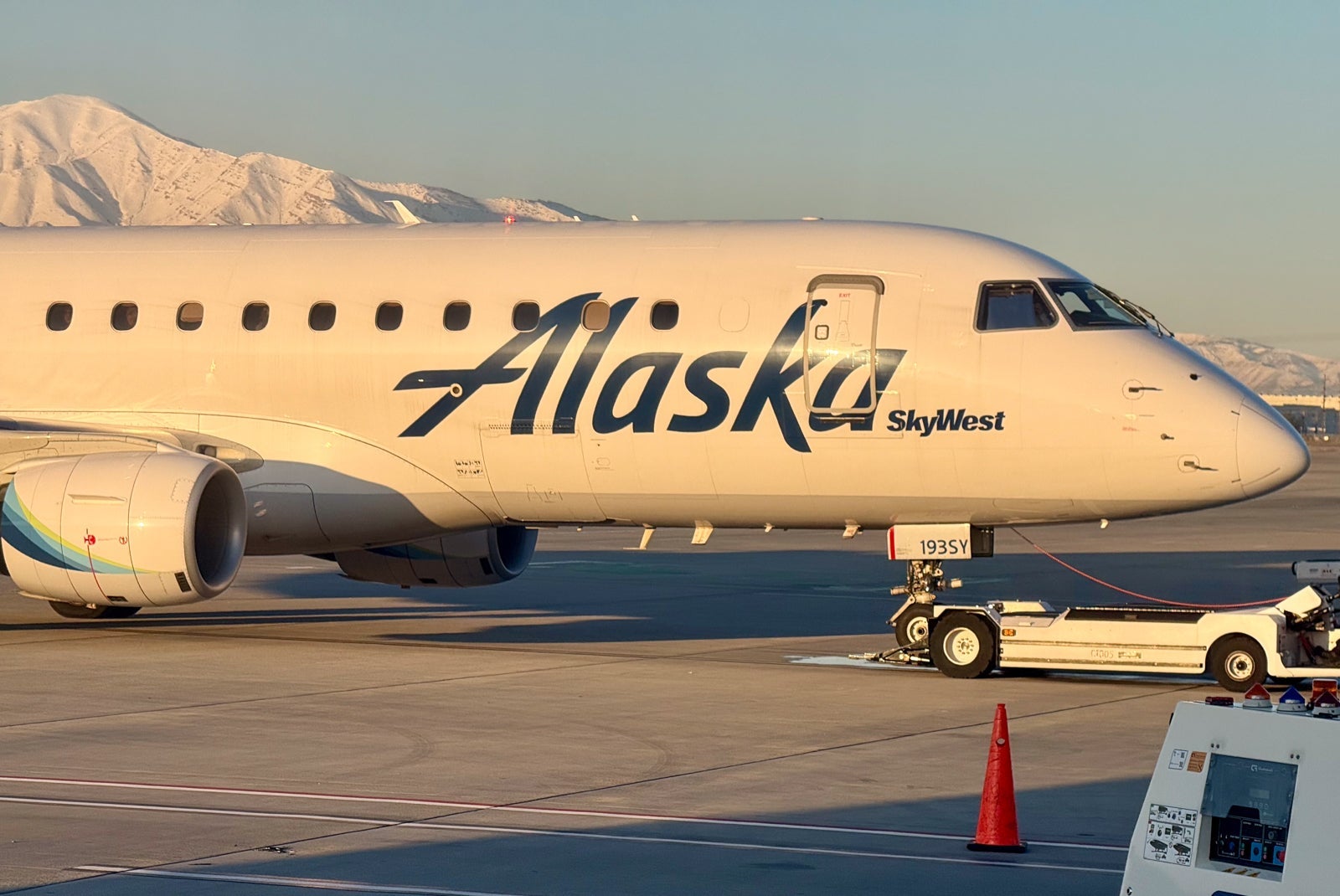
When considering a new airline credit card or evaluating one you already have, check the bonus miles categories and see if they align with your spending habits. For example, it's probably not worth having a card that earns 2 miles per dollar on dining if you primarily spend on groceries.
Some top earners include the United Explorer Card, which earns 2 miles per dollar on hotels (when booked direct) and dining.
The Citi® / AAdvantage® Platinum Select® World Elite Mastercard® (see rates and fees) card earns 2 miles per dollar at gas stations and restaurants, while the JetBlue Plus card gives 2 points per dollar at restaurants and eligible grocery stores.
The information for the Citi / AAdvantage Platinum Select has been collected independently by The Points Guy. The card details on this page have not been reviewed or provided by the card issuer.
Related: The best rewards credit cards for each bonus category
Maximize travel benefits
Airline credit cards offer various benefits for travel, including waived annual fees and money-saving perks. These perks can include free checked bags, priority boarding and discounts on inflight purchases like food and Wi-Fi.
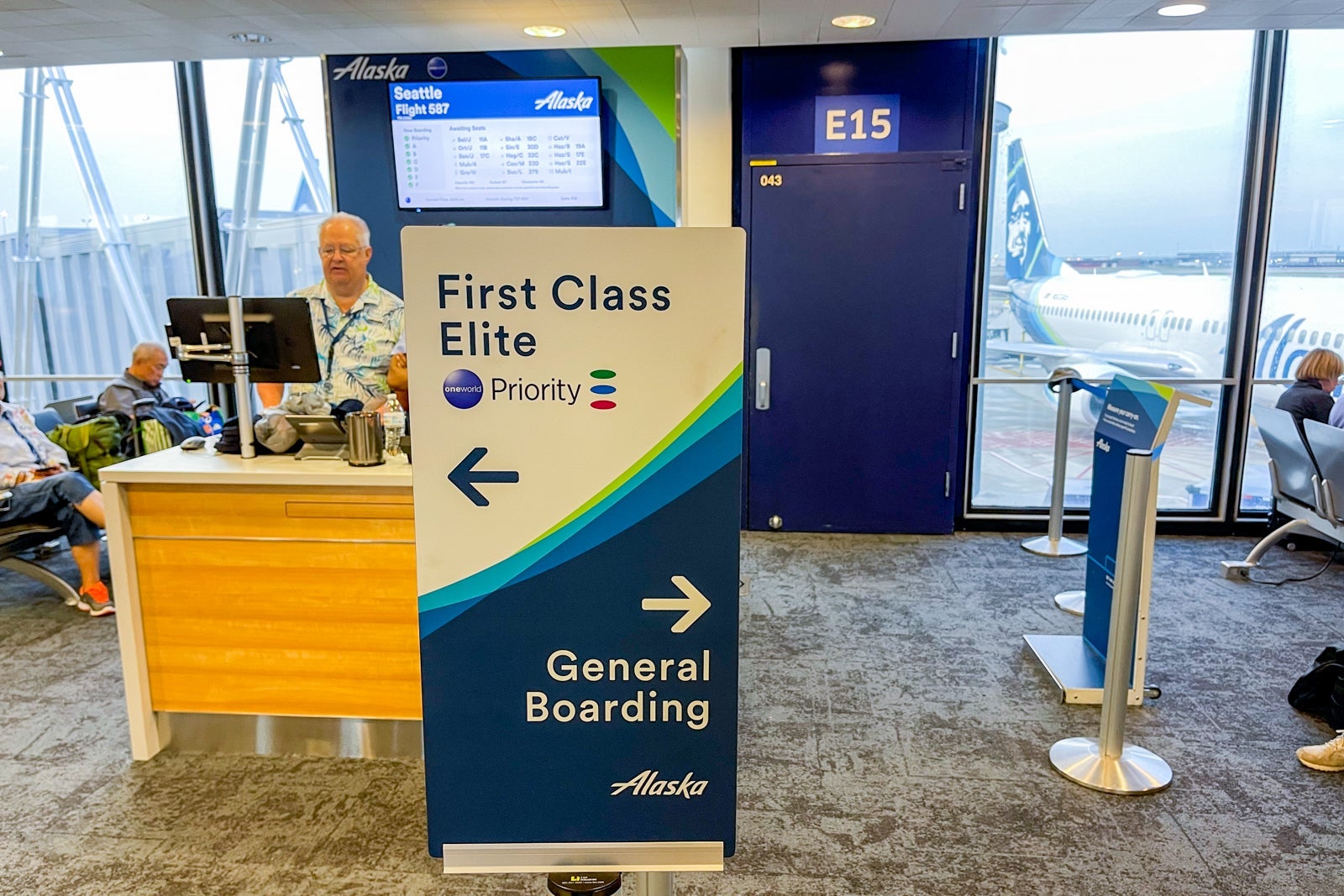
Even if you save just a few hundred dollars a year, it can still be worthwhile. These benefits are valuable based on how much you use them, and while some potential savings may seem substantial, they may not apply to everyone's lifestyle.
Related: Why I do not care about airline elite status
Is there a path to elite status?
Many travelers value airline elite status, and using a cobranded airline card can help bridge the gap if you're close to falling short. However, only a few airline credit cards offer elite-boosting opportunities, usually with high annual fees. But if you're a frequent flyer aiming for the next status tier, it could be worth carrying an airline card.
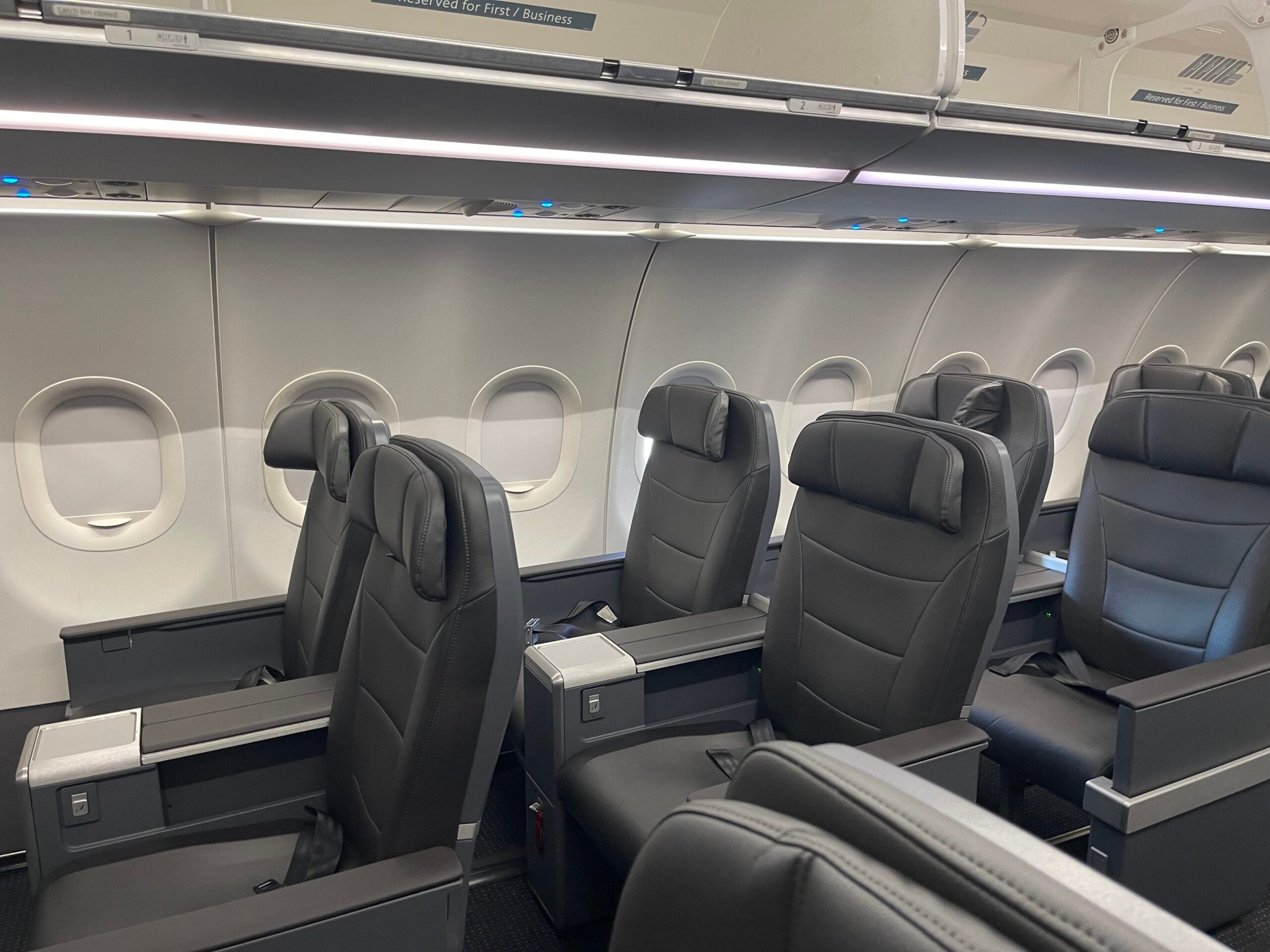
For example, the United Explorer Card earns 1 PQP for every $20 you spend on purchases made with the card, up to 1,000 PQP in a calendar year. This can help you achieve Premier status.
Meanwhile, the higher annual fee United Club℠ Card (see rates and fees) earns 1 PQP for every $15 spent on purchases with the United Club card, up to 28,000 PQP in a calendar year, plus 1,500 bonus PQP each program year.
If you're unsure about this benefit or have already achieved your desired elite status independently, consider exploring another airline to enjoy elite-style perks when not flying your primary carrier.
Related: The best credit cards to reach elite status
Does the airline card offer companion tickets?
Carrying an airline credit card can provide significant value through companion ticket benefits. These benefits vary among airlines and cards, so reviewing the details is crucial.
The Atmos™ Rewards Visa Signature® Business Card offers an annual companion fare starting from $122 ($99 fare, plus taxes and fees from $23) for economy class, each account anniversary after spending $6,000 or more the prior anniversary year. This benefit alone can save you hundreds of dollars each year.
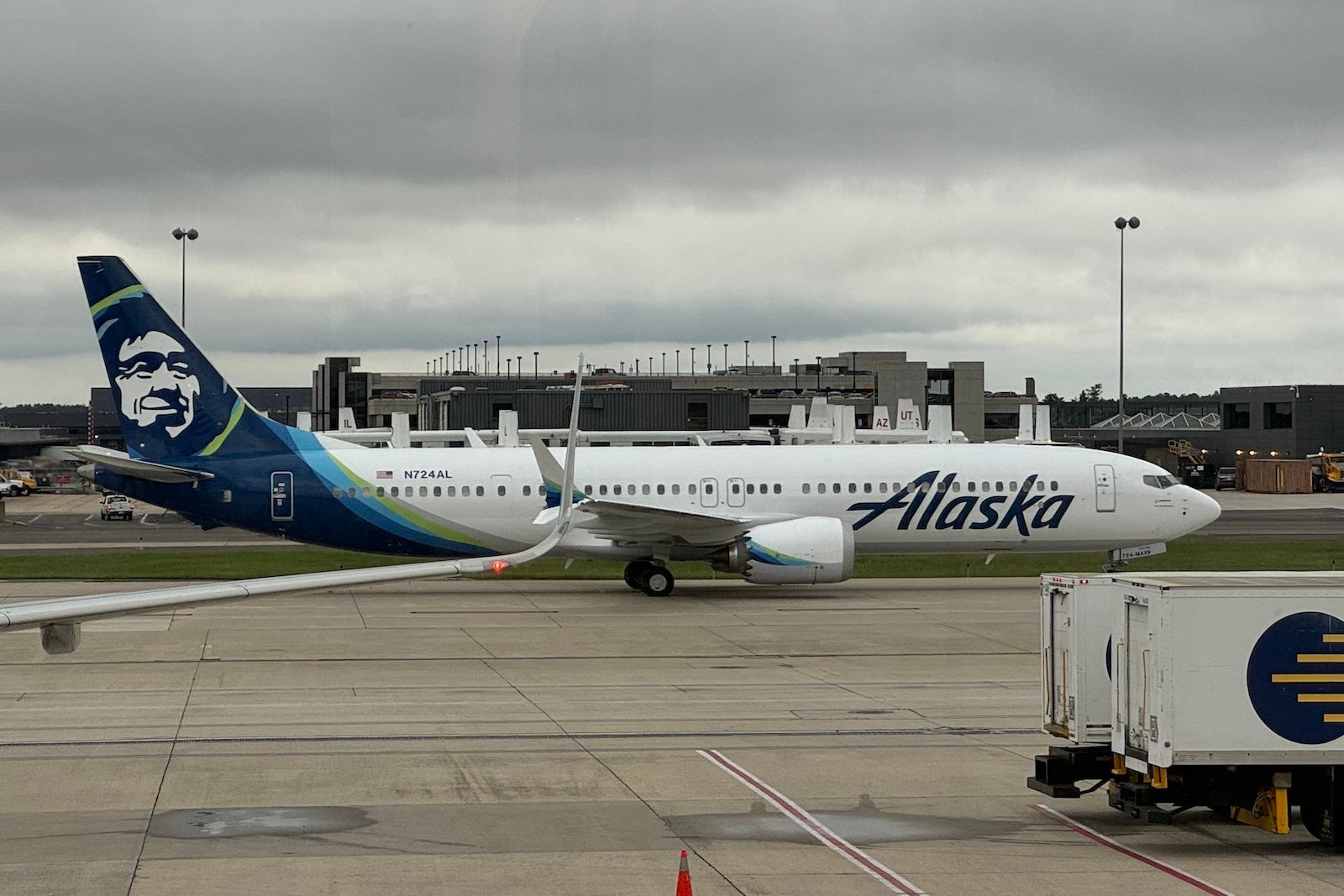
If you frequently travel with a partner, family member or colleague, it's worth considering a card with companion benefits for significant savings.
Related: 42 real-world family travel tips that actually work
Be mindful of award chart devaluations
We recommend evaluating the airlines' frequent flyer programs to ensure their long-term value. Many programs, including Delta SkyMiles and United MileagePlus, have undergone significant devaluations in recent years.
Some airlines, such as Lufthansa Miles & More and Singapore Airlines KrisFlyer, have also changed their award charts.
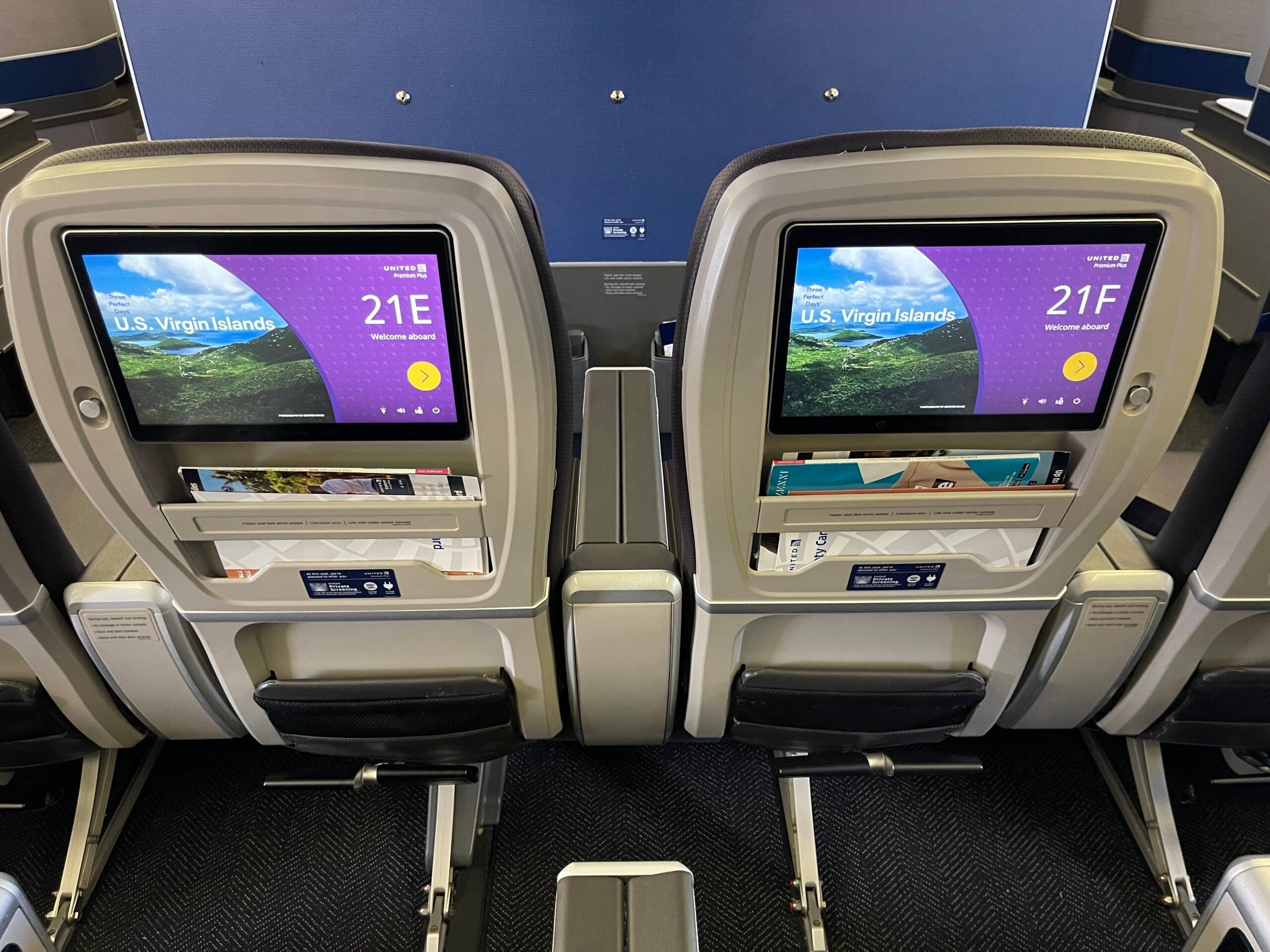
Many programs have eliminated their award charts and now offer dynamically priced tickets. Before committing to a new frequent flyer program and applying for a credit card, research how the program has evolved in recent years. This will help determine if the miles you earn from welcome offers and everyday spending will provide your desired travel rewards.
Application restrictions to keep in mind
Major credit card issuers have implemented restrictions to prevent excessive card churning, which may impact your ability to open new cards and earn welcome bonuses. Knowing these rules is important to avoid being denied or ineligible for bonuses.

Chase's 5/24 rule is well-known, affecting popular cards like the United Explorer Card and Southwest Rapid Rewards Premier. Generally, if you've opened five or more personal credit cards (from any bank) in the past 24 months, Chase may not approve you for a new card.
Amex has become stricter with eligibility rules, especially for popular cards like the Delta lineup; for example, it limits bonus eligibility to once per lifetime on each product. However, they have a welcome bonus qualification tool to check eligibility before applying.
Citi has specific limitations for its AAdvantage cards. If you've opened or closed another Citi / AAdvantage card within the past 48 months, you won't receive the bonus on a new card. If you have one open for over 24 months, it's advisable to apply for another before closing it to avoid disqualifying your application.
Related: The ultimate guide to credit card application restrictions
Transferable points may be a better alternative
To quickly accumulate frequent flyer miles without relying on specific travel benefits, consider applying for a card that earns transferable rewards instead of an airline card.
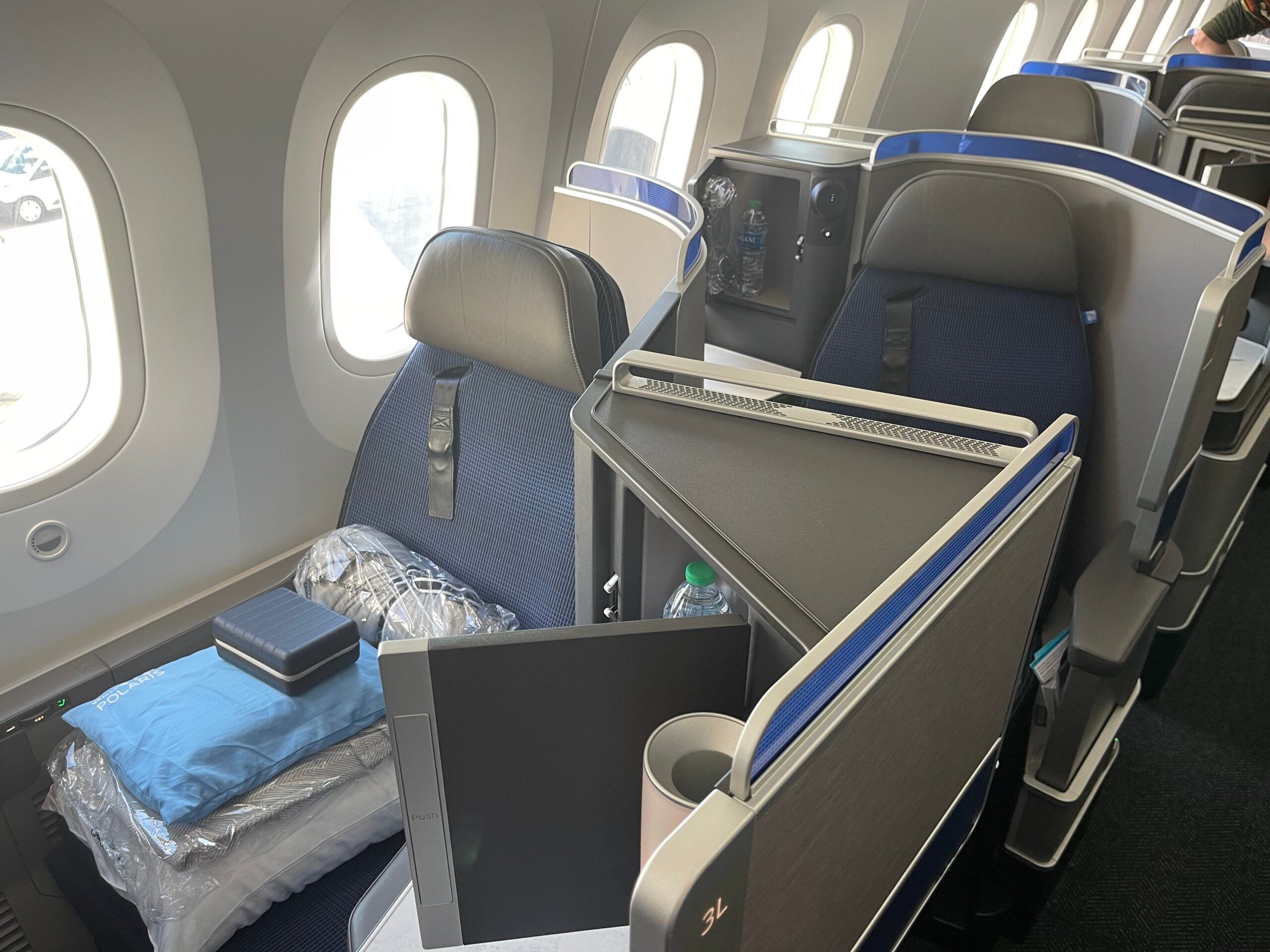
Several transferable points programs are available, such as American Express Membership Rewards, Bilt Rewards, Capital One miles, Chase Ultimate Rewards, Citi ThankYou Rewards and Marriott Bonvoy. These programs allow you to transfer points to various airline partners, providing flexibility and protecting you from sudden award chart devaluations.
Furthermore, credit cards associated with these programs offer bonus-earning opportunities across multiple categories like gas, groceries, dining and general travel purchases — not just airfare. This makes them superior earners compared to many airline credit cards.
Bottom line
Deciding whether to carry an airline credit card depends on a few important factors.
First, evaluate whether the welcome offer provides compelling value. Then, consider if the ongoing benefits, such as day-of-travel perks and discounts, are valuable enough to outweigh the annual fee. Lastly, evaluate if a rewards card earning transferable rewards aligns better with your spending habits and travel preferences.
Related: The credit cards that help fuel my luxury travel
Updated 8/21/2025


